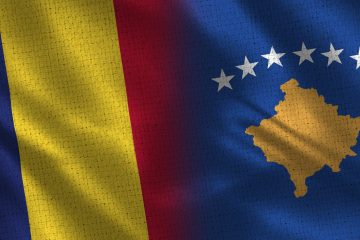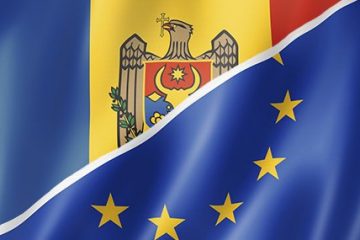
The Kosovo Question in Romanian Politics
The Western Balkans have been a core theme in the political programs of subsequent presidencies of the Council of the European Union in the last years. Both the Austrian and Bulgarian presidencies highlighted the importance of the region and placed the topic on the agenda. A similar emphasis is supposedly followed by the Romanian Presidency that started on January, 1st, 2019. Yet, one key piece is missing from the Romanian agenda and its approach towards the presumable future enlargement in the Western Balkans: Kosovo. Neither the programme of the Presidency, nor national debates talk about Kosovo and its relationship with the European Union. Ignoring Kosovo does not mean that the issue is still not there. Romania remains one of the …

Waiting for Godot – Moldova’s derailed European course
Less than one month ahead of the next Eastern Partnership summit, the Republic of Moldova is again in Brussels’ spotlight. The country’s commitment and adherence to a path of more closely aligning with the European Union is rapidly fading despite being considered back in 2014-2015 the “successful story” of the EaP initiative. The government in Chisinau, which has proclaimed itself to be “pro-European” has shown no desire to push for necessary reforms in key areas, such as the justice sector. Instead, it has acted with the sole purpose to maintain power and preserve the status quo after the parliamentary elections of 2018, regardless of the costs for relations with the EU. The fact that Moldova’s government has been increasingly non-acquiescent …

Romania may have the most to lose from Moldova’s presidential election
Moldova is due to hold presidential elections on 30 October. Alexandru Damian examines what the implications of the election may be for Romania, which has previously expressed support for the current Moldovan government. He suggests that with the government’s preferred candidate facing a challenge to make the second round of the contest, supporting Maia Sandu from the Action and Solidarity party may represent the best option for promoting reform in the country. Shaken by political and economic instability, and divided between pro-Russian and pro-European positions, Moldova is presently awaiting critical presidential elections on 30 October which will help shape the country’s future trajectory. But against this backdrop, Romania’s engagement with the country over the last year could well be described as a …










